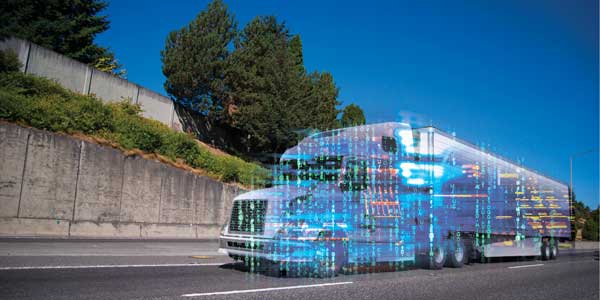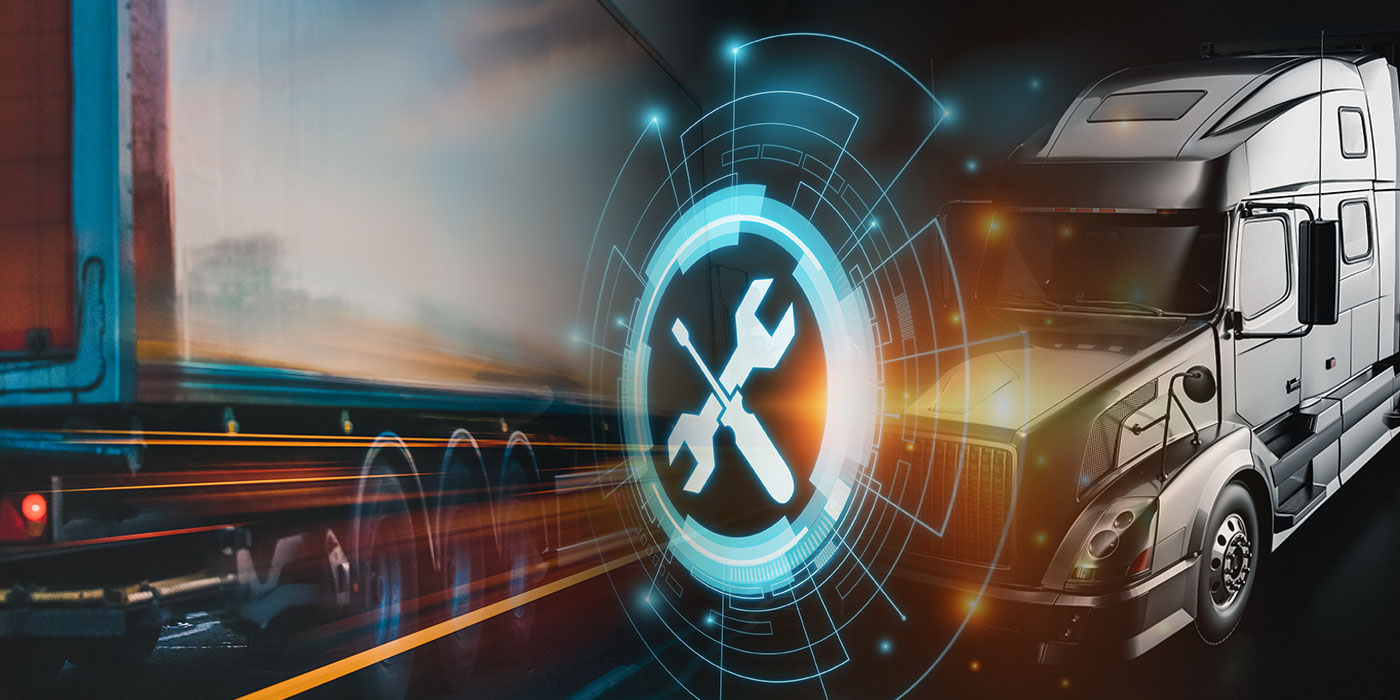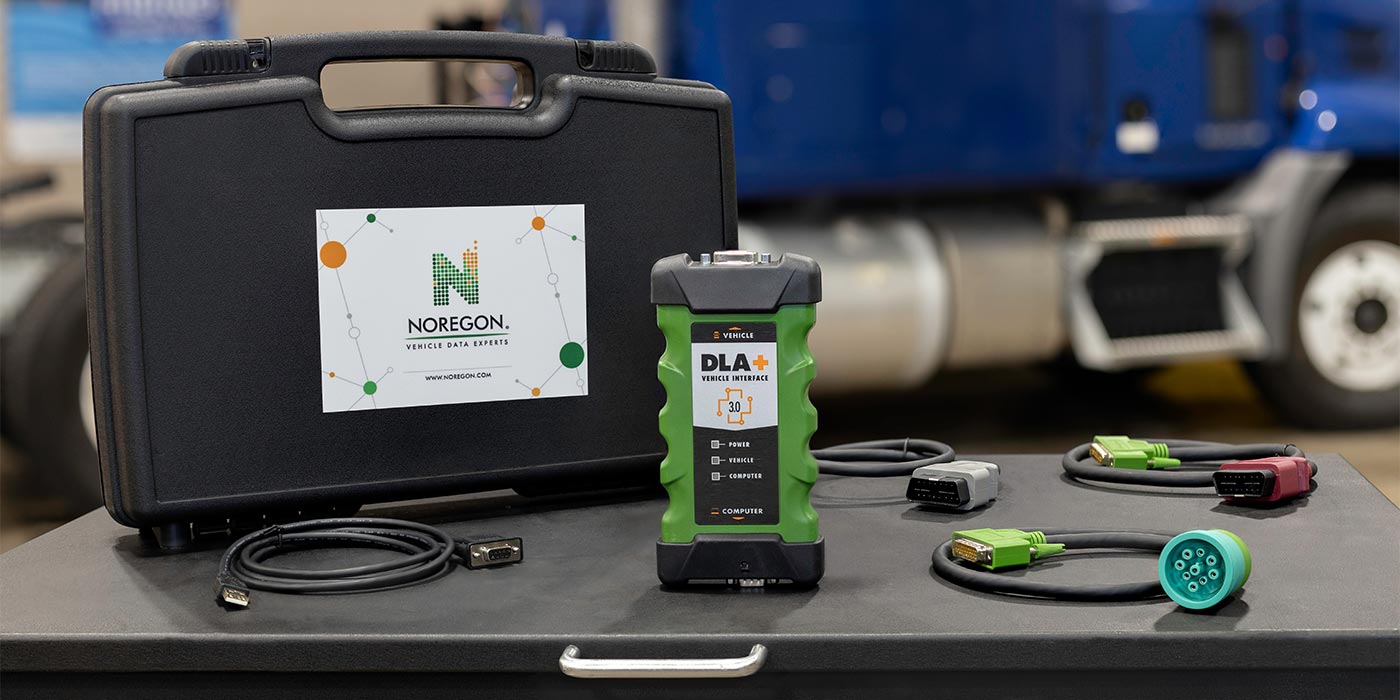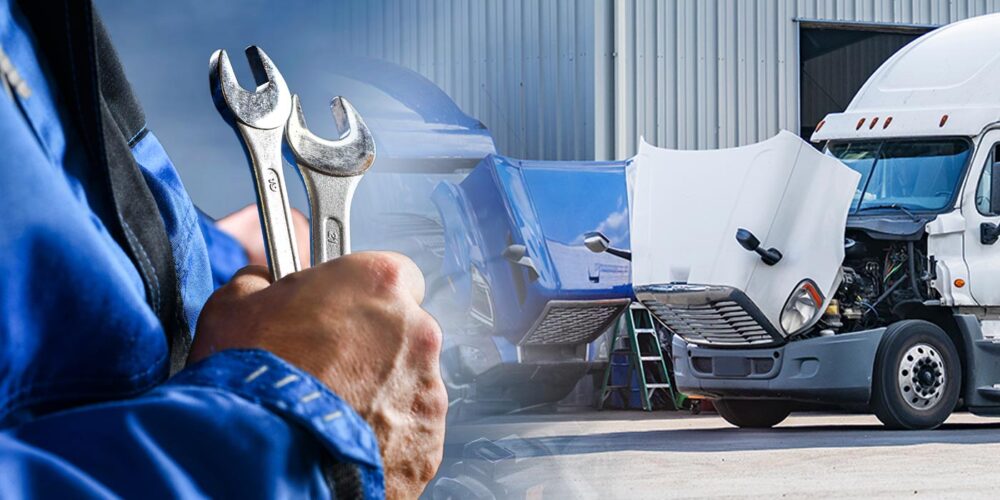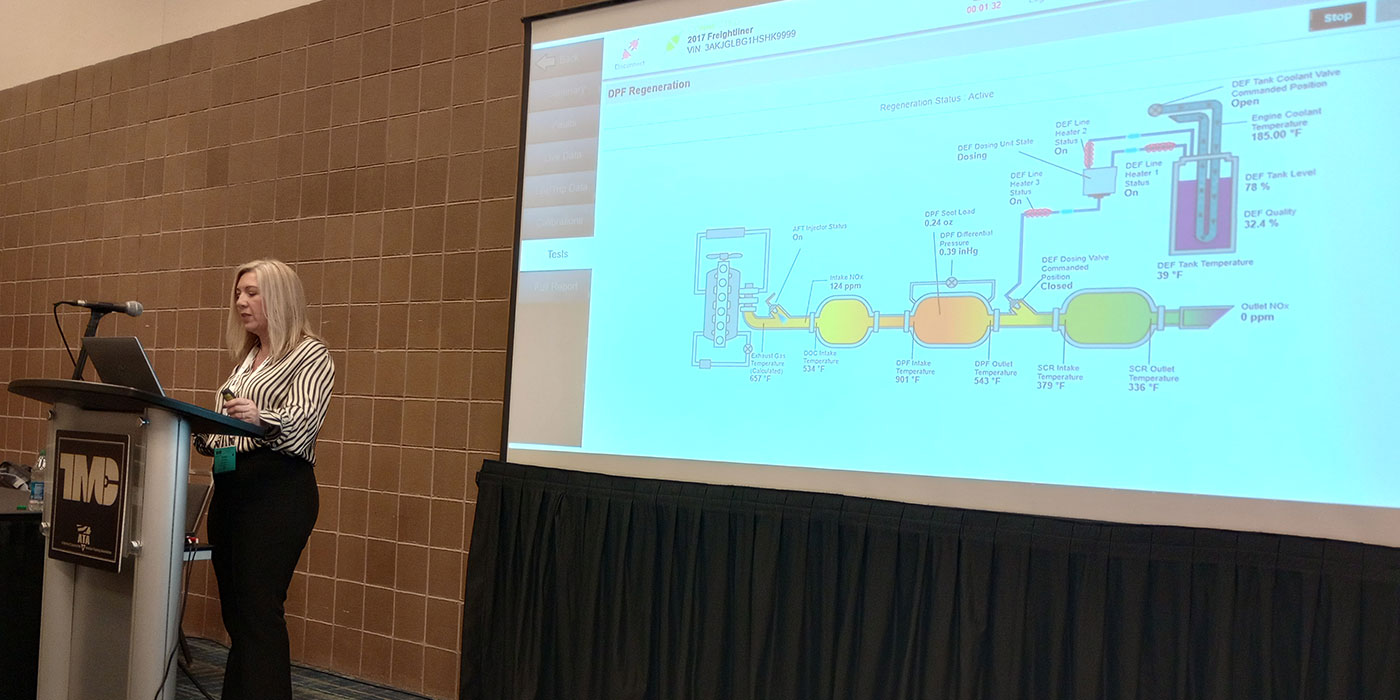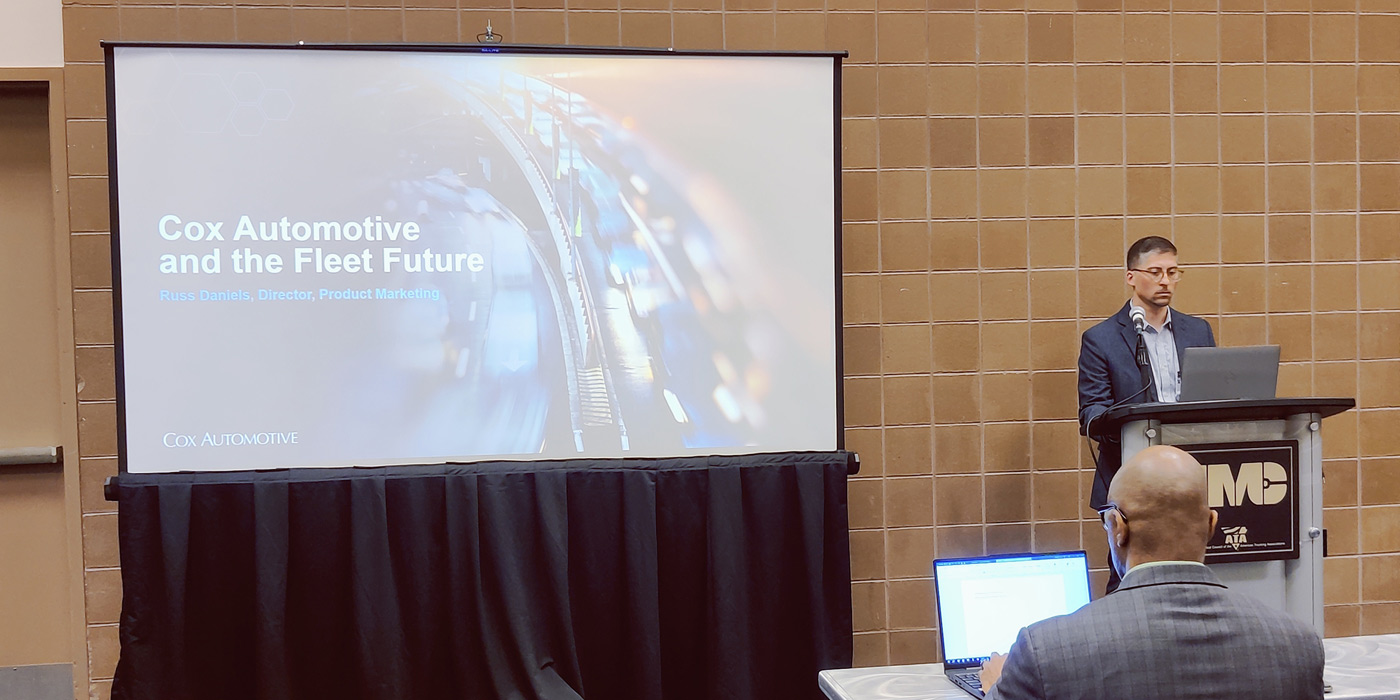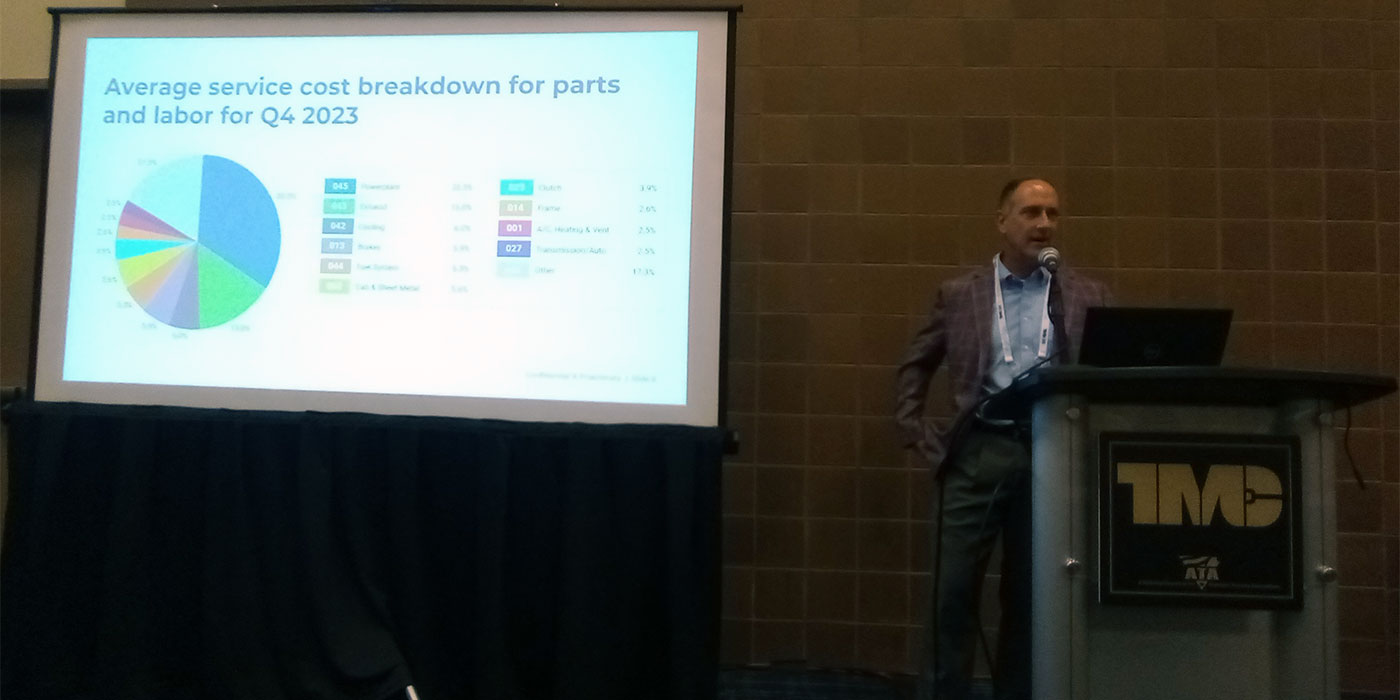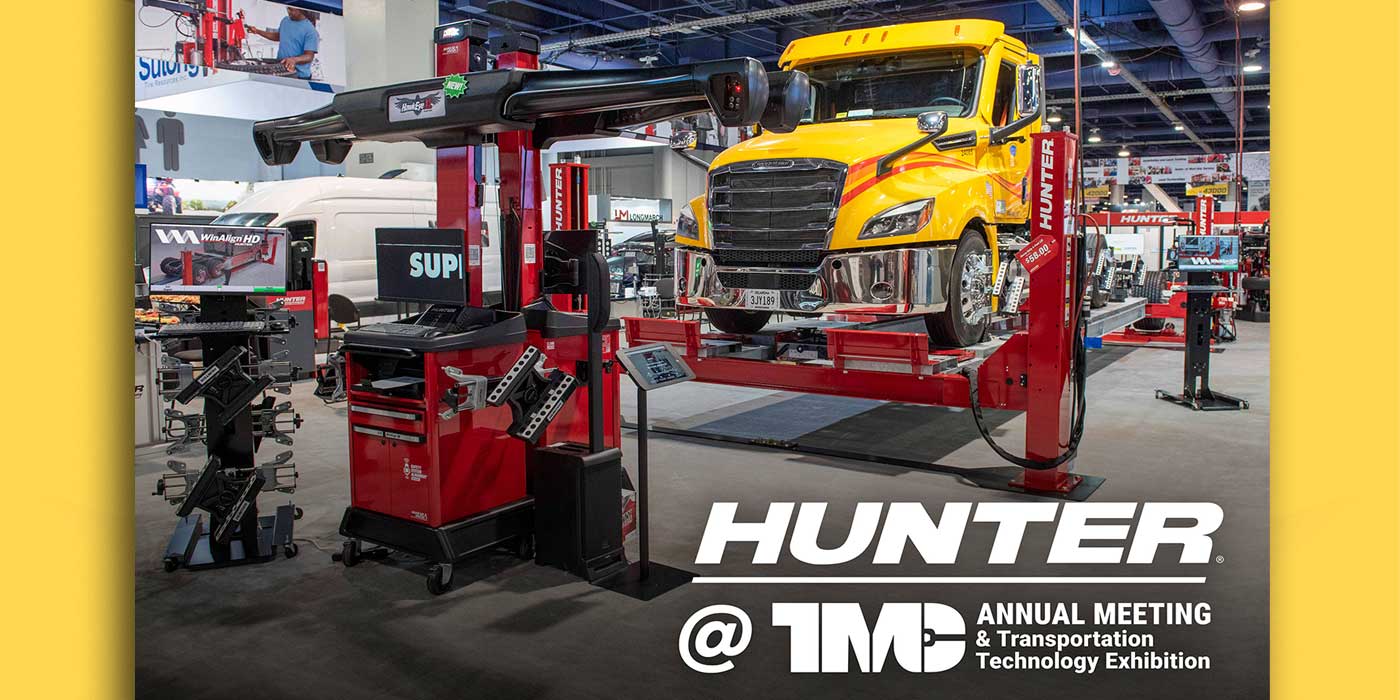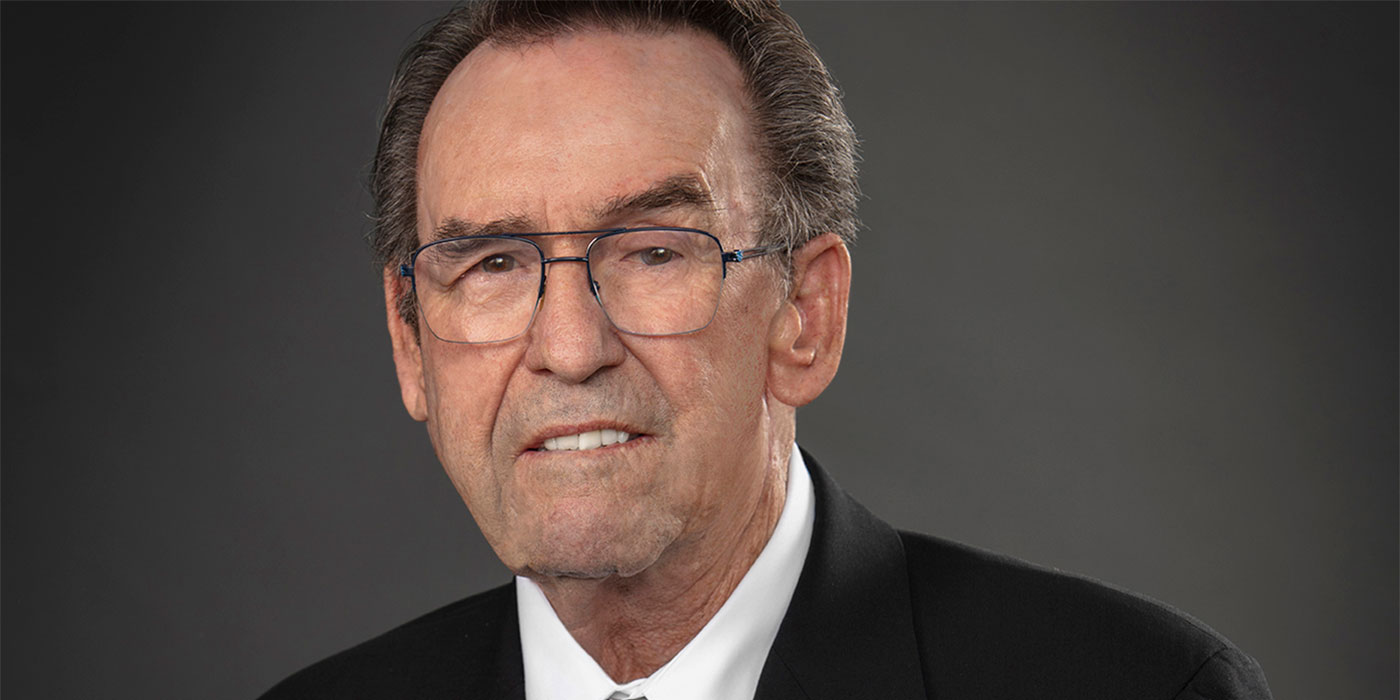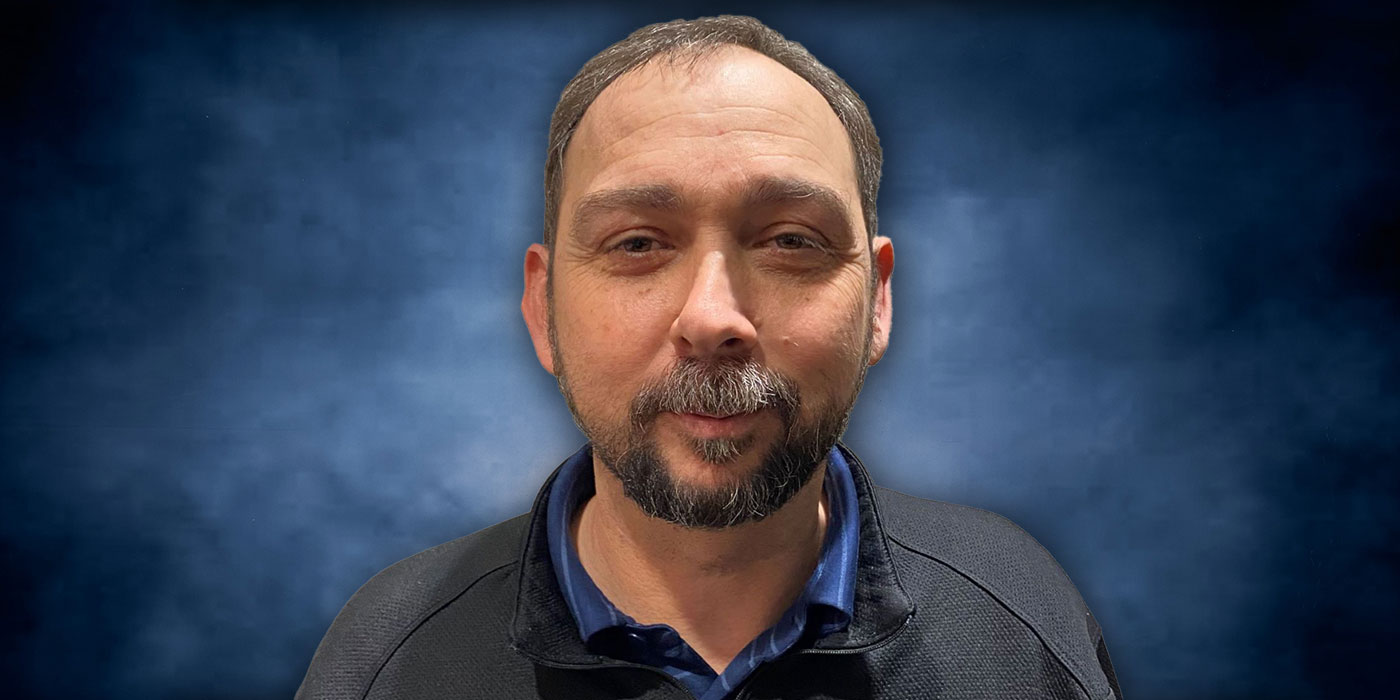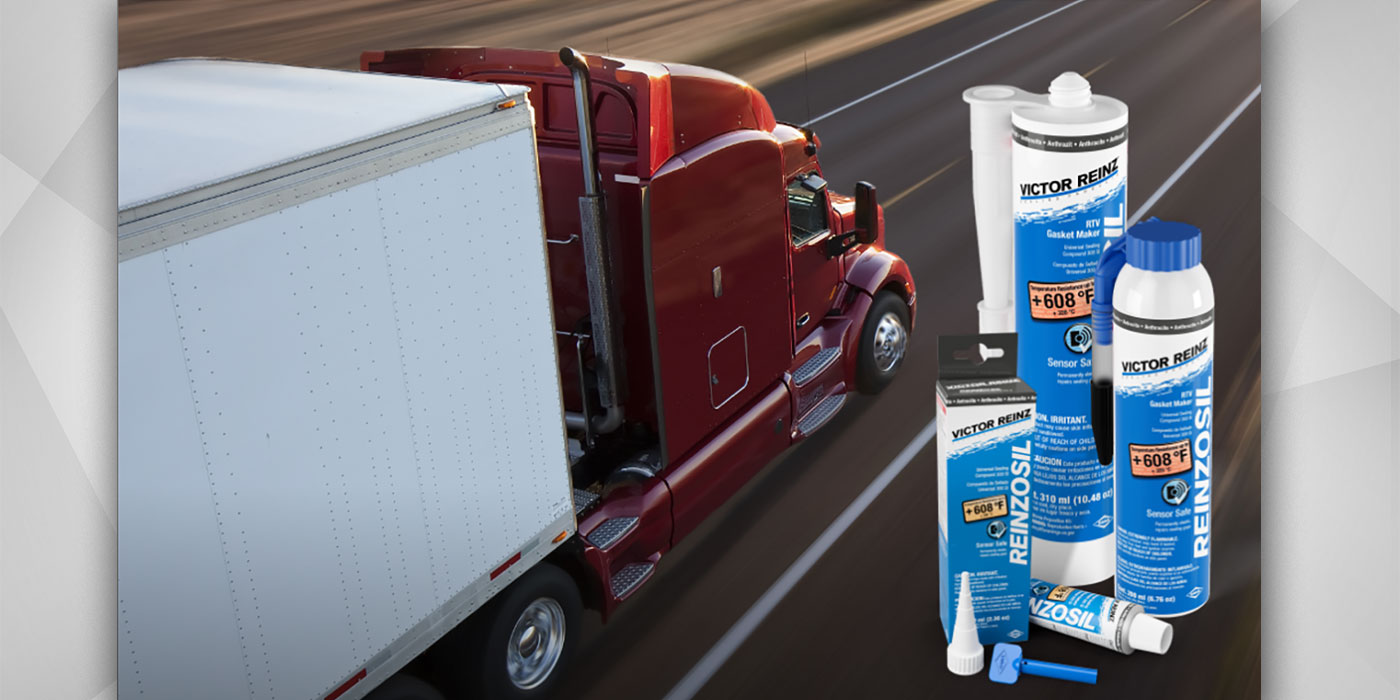As part of our feature on lift safety in heavy-duty shops, we asked members of the Automotive Lift Institute about how ALI certification is earned, and why this is important.
Here’s what Dale Soos, senior project engineer for ALI, and R.W. “Bob” O’Gorman, president of ALI, wrote in response:
Not all lifts are manufactured the same. That should go without saying, but what we really want to focus on is that some lifts are manufactured to a higher standard than others—an American national product safety standard to be exact. The standard by which lifts are certified, ANSI/ALI ALCTV: 2017, provides safety requirements for lift construction, testing and validation.
A certified lift’s design has been tested and is continuously inspected by a National Recognized Testing Laboratory (NRTL), as defined by the Occupational Safety and Health Administration (OSHA). Testing includes verification of the structural integrity of all the lift’s systems and components, proper function of its controls and load-holding devices, proper lowering speeds, overload protection and fail-safe systems and devices. Your proof of having a certified lift is the presence of ALI’s Gold Label, indicating that the lift is certified to this standard and to applicable electrical safety standards specific to the application of vehicle lifts. When purchasing a lift, remember to require that each lift bear ALI’s Gold Certification Label demonstrating compliance to the most current edition at the time of delivery. Some jurisdictions will not allow an uncertified lift to be installed or relocated, and it’s not possible to certify a lift after it has left the manufacturer’s factory.
Since product certification is voluntary in North America, the responsibility for buying and installing certified lifts rests solely with the customer.
Every product starts with a design. Before a vehicle lift model can earn certification by ALI, its manufacturer must prove that its designers and even welders are qualified and that the manufacturing process is consistent. A manufacturer that makes certified lifts is required to have a quality system in place to ensure each model is made the same way every time. NRTL inspectors perform factory audits at least twice a year to ensure that program procedures are being followed and the same materials used in test specimen production are the same as those used for certification. Additional inspections are carried out throughout the year to assure the safety requirements of the electrical system are being maintained.
All ALI-certified lifts are required to have designed Strength Factors of at least three times—and for some components, up to five times—the stress to which they will be subjected at their rated load capacity.
While certified lifts are evaluated in the laboratory to exceed their rated capacities, it is never safe to overload a lift in the shop.
Nearly all building code enforcement agencies across the United States and Canada mandate that only certified lifts be installed within their jurisdictions. Obviously, this can help to reduce the potential for workplace injuries, but it is a critical point when considering that uncertified automotive lifts do not comply with the requirement that electrical products be listed by a third party in order to demonstrate compliance. Since product certification is voluntary in North America, the responsibility for buying and installing certified lifts rests solely with the customer. If a lift does not come with ALI’s gold certification label, you have no way of proving to inspectors—let alone knowing for yourself—that it meets national safety standards.


